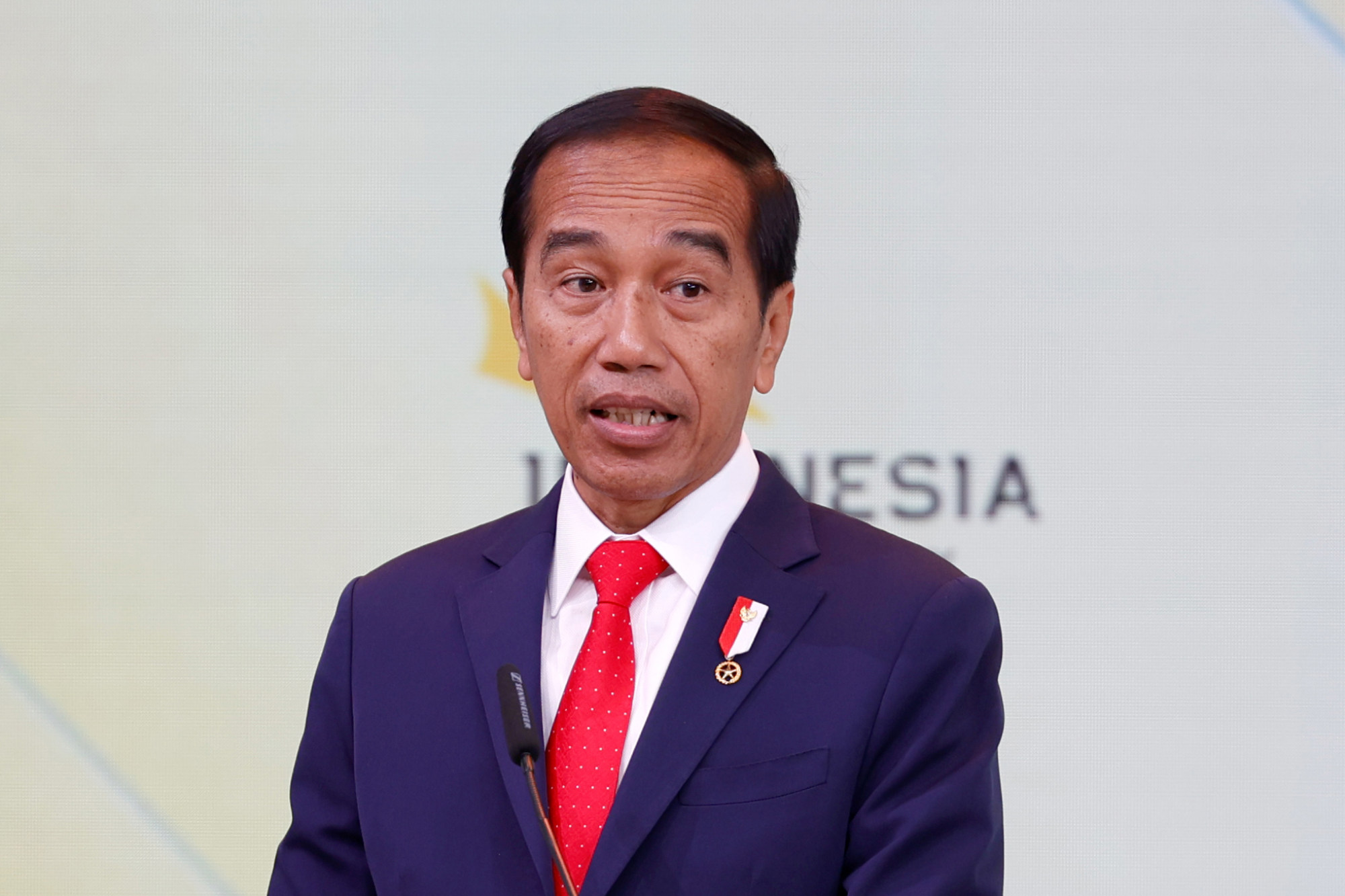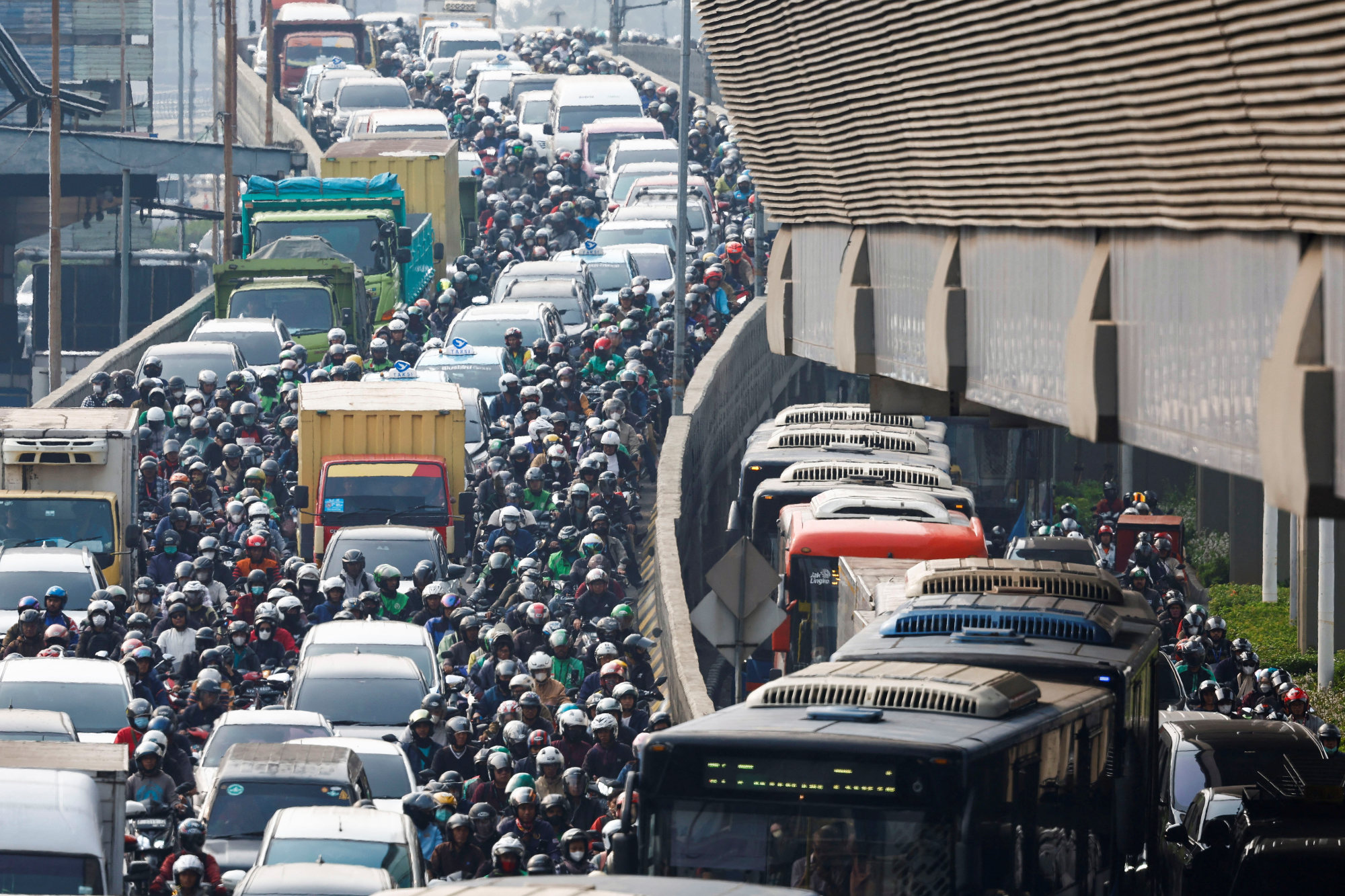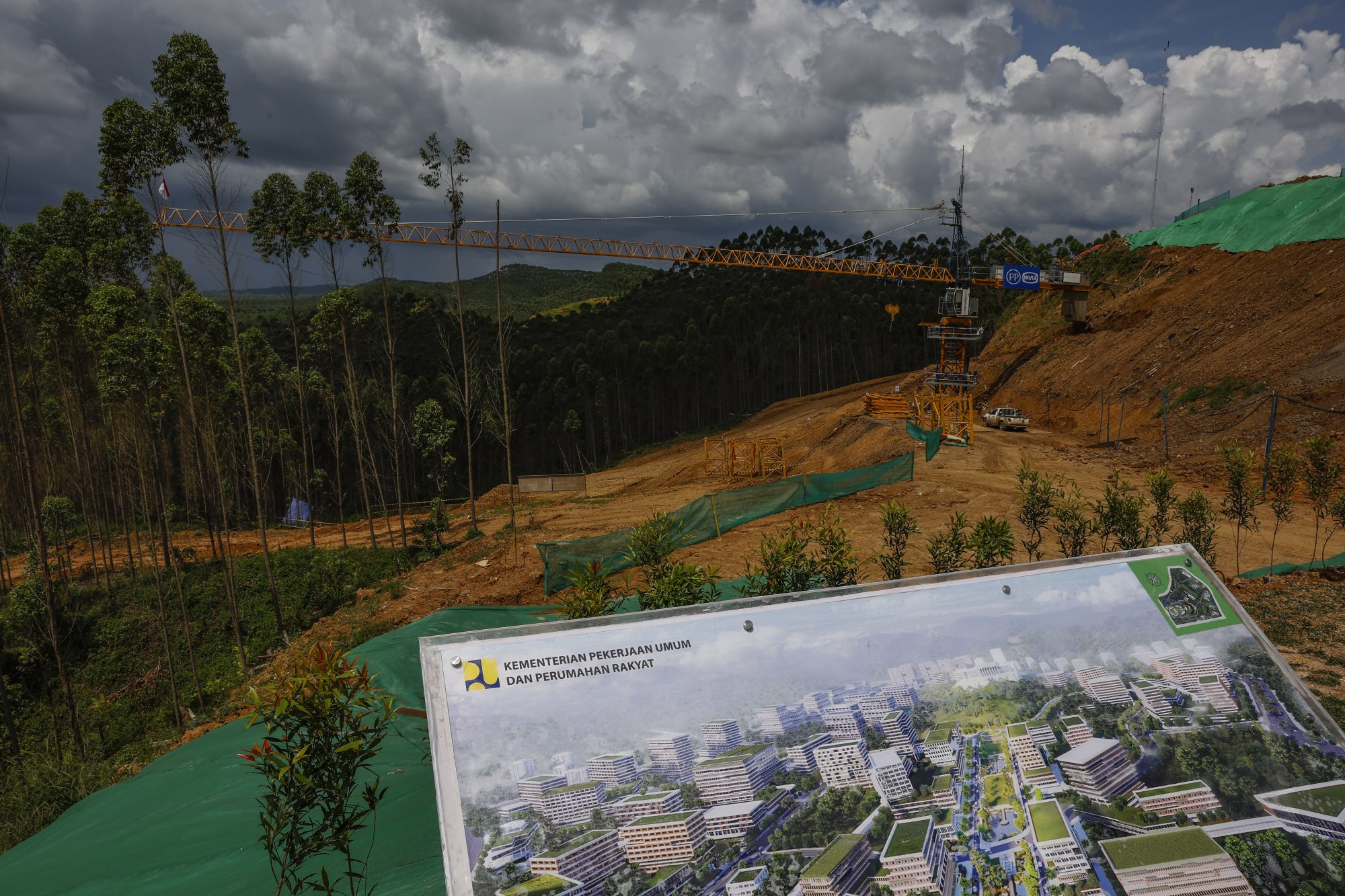He also noted that Minister of Public Works and Public Housing Basuki Hadimuljono and Deputy Minister of Agrarian Affairs and Spatial Planning Raja Juli Antoni would take over as the acting chief and deputy head of the Nusantara Authority until permanent appointments could be made.

Widodo’s grand vision for Nusanatara involves transforming 2,560 sq km (988 sq miles) of land nestled among the rainforests of East Kalimantan on the island of Borneo into a new green smart city set to serve as Indonesia’s political centre by the end of this year.
But plans to relocate 12,000 civil servants to the new capital by September have been delayed twice as the government races to build the required infrastructure.
According to Trissia Wijaya, a senior research fellow at Ritsumeikan University in Japan, such issues stem from concerns the project was rushed through without sufficient public consultation to secure Widodo’s political legacy before he steps down from office in October.
Nusantara seemed to be a “politically driven” complex and large-scale project that “barely meets economic viabilities”, Trissia said, adding that the resignations were not completely surprising, as both men heading the project were technocrats who were likely being placed under too much political pressure to deliver unreasonable targets.
“It no longer made sense for these technocrats to pursue or design macroeconomic programmes based on the political rationale of [government] elites,” she added.
Dedi Dinarto, lead Indonesia analyst at strategic advisory firm Global Counsel, said the resignations could also be due to Widodo’s displeasure with the Nusantara authority’s “ability to attract private investment, particularly from abroad, into the new capital city”.
“Despite some collaborative projects between state-owned enterprises and foreign entities, these efforts have fallen short of President Widodo’s expectations,” Dedi said.

Investment, land ownership challenges
Indonesia’s current capital, Jakarta, houses around 10 million people and has become prone to overcrowding, chronic flooding and choking traffic, prompting the efforts to move to a new capital.
According to Widodo, part of the impetus for Nusantara is to expand economic development to different parts of Indonesia’s vast archipelago beyond the densely populated island of Java.
According to Dedi, while the resignations may not bode well for the government’s efforts to attract private investment, businesses and investors are “expected to adopt a wait-and-see approach to observe the next government’s handling of the project”.
Widodo visited Nusantara on Tuesday to inaugurate a number of new buildings and projects, including schools, and oversee development in the city. An inauguration ceremony for Nusantara is set to be held on August 17, coinciding with the country’s Independence Day celebrations.

Future unclear
“Over the past few months, Prabowo has been so active on the international stage, but he barely ever mentions the new capital city or how he’s going to continue this project,” said Trissia of Ritsumeikan University.
Widodo has enacted a National Capital City Law, which requires the completion of his flagship project, essentially preventing a new regime from backing out of its construction.
Taking the law into account, and also considering the money already spent on Nusantara, analyst Dedi noted that Prabowo’s incoming administration may continue the project, though the priority and pace of the relocation remain uncertain.
“Considering the sunk costs already incurred with the development of basic infrastructure in Nusantara, it is unlikely that the next administration will reverse the new capital city project,” he said.
“While it remains uncertain whether Prabowo will prioritise developing Nusantara, the allocated state budget up to 2030 will ensure at least gradual development of the new capital.”
Additional reporting by Reuters

